Sea freight plays a pivotal role in international trade, facilitating the movement of vast quantities of goods across the globe. For businesses engaged in importing goods from China to Egypt, understanding the intricacies of sea freight is essential. This guide aims to provide detailed insights into the sea freight process, including tips, cost considerations, and best practices to ensure a smooth and efficient shipping experience.
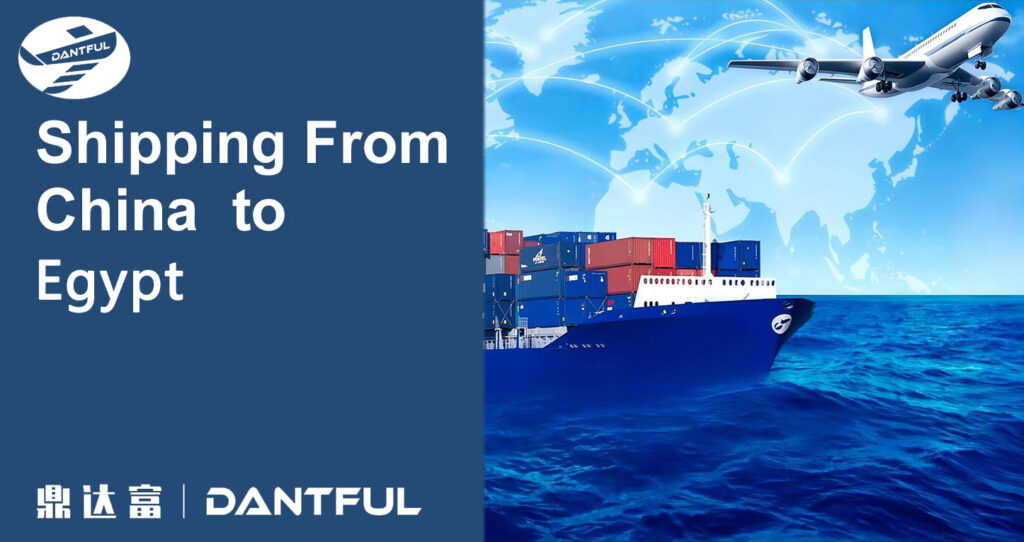
Understanding Sea Freight from China to Egypt
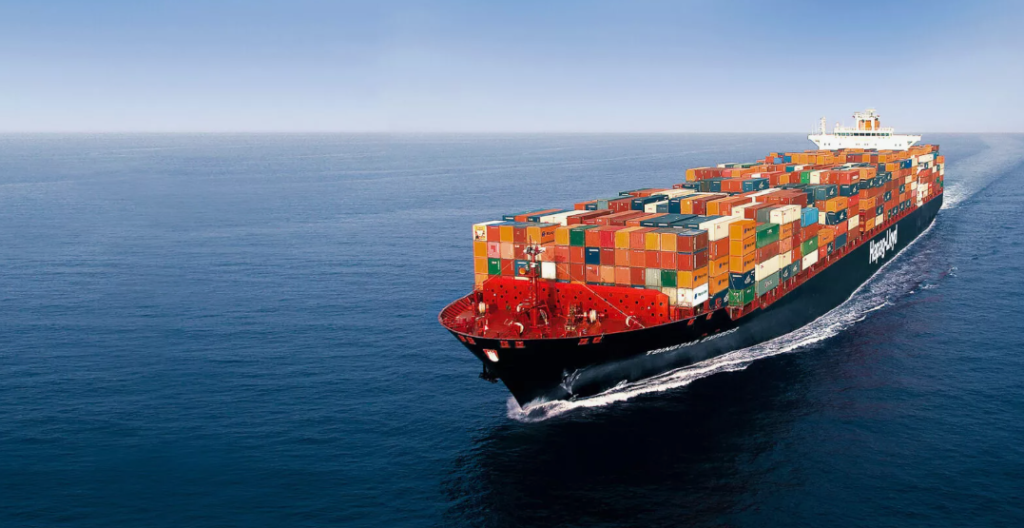
Key Ports in China and Egypt
Understanding the major ports involved in sea freight is crucial for efficient logistics. In China, some of the prominent ports include:
- Shanghai Port: The busiest container port in the world.
- Shenzhen Port: A major gateway for international trade.
- Ningbo-Zhoushan Port: Known for its high volume of cargo handling.
- Guangzhou Port: Significant for trade with Southeast Asia and beyond.
In Egypt, the key ports are:
- Port of Alexandria: The largest and most important port in Egypt.
- Port Said: Strategically located at the northern entrance of the Suez Canal.
- Port of Damietta: Known for its modern facilities and efficient cargo handling.
Common Shipping Routes
The shipping routes between China and Egypt typically traverse the Indian Ocean and pass through the Suez Canal, one of the world’s most critical maritime chokepoints. The main routes include:
- China to Port of Alexandria via the Suez Canal.
- China to Port Said via the Suez Canal.
- China to Port of Damietta via the Suez Canal.
Understanding these routes helps in planning the logistics and estimating the transit times.
Transit Times and Schedules
Transit times between China and Egypt can vary based on several factors, including the specific ports involved, the shipping line, and the time of year. On average, the transit time ranges from 20 to 30 days. It is essential to work with a reliable freight forwarder like Dantful International Logistics to get accurate transit time estimates and ensure timely delivery.
Shipping From China to Middle East Countries:
- Shipping from China to Saudi Arabia
- Shipping from China to UAE
- Shipping from china to KUWAIT
- Shipping From China To EGYPT
- Shipping from China to Bahrain
- Shipping From China To Jordan
- Shipping From China To Israel
- Shipping from China to Qatar
- Shipping From China To IRAQ
- Shipping from China to Iran
Costs Involved in Sea Freight
Freight Rates
Freight rates are influenced by several factors, such as the type of cargo, container size, and the shipping route. Typically, shipping costs are calculated based on the following:
- Full Container Load (FCL): The cost of shipping a full container.
- Less than Container Load (LCL): The cost of shipping cargo that doesn’t fill an entire container.
For current freight rate estimates, it’s advisable to consult with industry experts or use online freight rate calculators.
Surcharges and Fees
In addition to the base freight rate, several surcharges and fees may apply, including:
- Bunker Adjustment Factor (BAF): A fuel surcharge to account for fluctuations in fuel prices.
- Currency Adjustment Factor (CAF): A surcharge to account for currency exchange rate fluctuations.
- Peak Season Surcharge (PSS): Additional charges during high-demand periods.
Understanding these surcharges and fees helps in accurate cost estimation.
Customs Duties and Taxes
Importing goods into Egypt involves customs duties and taxes, which vary based on the type of product and its declared value. Key considerations include:
- Customs Duty: Levied on imported goods based on their classification.
- Value Added Tax (VAT): Applied to the value of the goods and the customs duty.
It is crucial to work with a knowledgeable customs clearance agent to navigate the complexities of customs duties and ensure compliance with regulations.
Insurance Costs
Shipping valuable goods entails risks, and obtaining appropriate insurance is essential to mitigate potential losses. The cost of insurance depends on factors such as the value of the goods, the route, and the type of coverage required. Dantful International Logistics offers comprehensive insurance solutions tailored to your needs.
By understanding these cost components, businesses can better plan their budgets and avoid unexpected expenses during the shipping process.
Choosing the Right Freight Forwarder
Importance of a Reliable Freight Forwarder
Selecting a reliable freight forwarder is critical to ensuring a successful sea freight experience. A reputable freight forwarder acts as an intermediary between the shipper and various transportation services, managing the logistics and documentation required for international shipments. They provide expertise, streamline processes, and handle any potential issues that may arise during transit.
How to Evaluate and Select a Freight Forwarder
When evaluating and selecting a freight forwarder, consider the following factors:
- Experience and Expertise: Look for a freight forwarder with extensive experience in handling shipments between China and Egypt.
- Range of Services: Ensure the freight forwarder offers a comprehensive range of services, including customs clearance, warehousing, and insurance.
- Reputation and Reviews: Check reviews and testimonials from other clients to gauge the reliability and performance of the freight forwarder.
- Cost-Effectiveness: Compare quotes from multiple freight forwarders to find a balance between cost and quality of service.
- Customer Support: Choose a freight forwarder with excellent customer support, ensuring they are responsive and proactive in addressing any concerns.
Benefits of Using Dantful International Logistics

Dantful International Logistics is a highly professional, cost-effective, and high-quality, one-stop international logistics service provider. By choosing Dantful, you benefit from:
- Extensive experience in shipping from China to Egypt.
- A wide range of services, including customs clearance, warehousing, and insurance.
- Competitive pricing and transparent cost structures.
- Excellent customer support and dedicated account managers.
Dantful International Logistics Services:
- Dantful Ocean Freight Services
- Air Freight From China
- Amazon FBA Freight Forwarding
- WAREHOUSE Services
- One-Stop Customs Clearance Solution
- Cargo Insurance Services in China
- DDP Shipping Services By Dantful Logistics
- Out of Gauge Cargo Transportation Shipping Services
Documentation and Customs Clearance
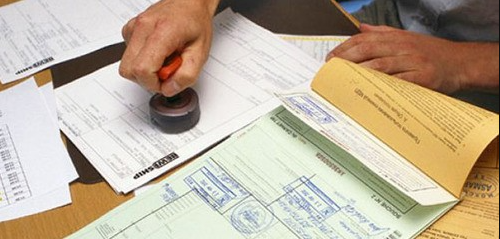
Essential Shipping Documents
Proper documentation is crucial for smooth and efficient sea freight. Key shipping documents include:
- Bill of Lading (B/L): A legal document issued by the carrier to acknowledge receipt of cargo.
- Commercial Invoice: A document detailing the goods being shipped, their value, and the terms of sale.
- Packing List: A detailed list of the contents of the shipment.
- Certificate of Origin: A document certifying the country of origin of the goods.
- Import License: A permit required for certain goods to enter Egypt.
Customs Clearance Process
The customs clearance process in Egypt involves several steps:
- Document Submission: Submitting the necessary documents to the customs authority.
- Inspection: Physical inspection of the goods by customs officials.
- Duty and Tax Calculation: Calculating the applicable customs duties and taxes.
- Payment: Paying the calculated duties and taxes.
- Release of Goods: Once all requirements are met, the goods are released for delivery.
Working with a knowledgeable customs clearance agent can streamline this process and help avoid delays.
Tips for Smooth Customs Clearance
To ensure smooth customs clearance, consider the following tips:
- Prepare Documents in Advance: Ensure all required documents are accurately completed and submitted on time.
- Understand Import Regulations: Familiarize yourself with Egypt’s import regulations and requirements.
- Classify Goods Correctly: Properly classify goods to avoid discrepancies and potential penalties.
- Work with Experienced Professionals: Partner with experienced customs clearance agents to navigate the complexities of the process.
Packaging and Labeling Best Practices
Importance of Proper Packaging
Proper packaging is essential to protect your goods during transit and ensure they arrive in good condition. Effective packaging minimizes the risk of damage and helps comply with international shipping standards.
Guidelines for Packaging
Follow these guidelines for effective packaging:
- Use Sturdy Materials: Choose high-quality, durable packaging materials that can withstand the rigors of sea transport.
- Secure the Contents: Ensure the contents are securely packed, with adequate cushioning to prevent movement.
- Label Fragile Items: Clearly label fragile items and indicate the correct handling instructions.
- Consolidate Shipments: Whenever possible, consolidate shipments to reduce handling and minimize the risk of damage.
Labeling Requirements
Accurate labeling is crucial for customs compliance and efficient handling of your shipment. Key labeling requirements include:
- Shipping Labels: Include the consignee’s and shipper’s information, along with the destination and origin.
- Product Labels: Clearly describe the contents, including any hazardous materials or special handling instructions.
- Compliance Labels: Ensure labels comply with international shipping regulations and standards.
By adhering to these packaging and labeling best practices, you can safeguard your goods and streamline the shipping process from China to Egypt.
Tips for Efficient Sea Freight
Planning and Scheduling Shipments
Effective planning and scheduling are essential for optimizing your sea freight operations. Consider the following tips:
- Plan Ahead: Start planning your shipments well in advance to secure the best rates and avoid last-minute hassles.
- Coordinate with Suppliers: Maintain open communication with your suppliers to ensure timely production and shipment of goods.
- Optimize Shipping Schedules: Choose shipping schedules that align with your delivery timelines and avoid peak seasons to reduce costs.
- Use Consolidation Services: Consolidate smaller shipments into a single container to reduce costs and improve efficiency.
Tracking and Monitoring Shipments
Real-time tracking and monitoring of shipments are crucial for maintaining visibility and ensuring timely delivery. Key considerations include:
- Use Tracking Tools: Utilize advanced tracking tools and technologies to monitor your shipments throughout the journey.
- Stay Informed: Keep track of any potential delays or disruptions that may impact your shipment.
- Communicate with Freight Forwarders: Maintain regular communication with your freight forwarder to stay updated on the status of your shipment.
Handling Delays and Issues
Despite careful planning, delays and issues may arise during sea freight. Here are some tips to handle them effectively:
- Have Contingency Plans: Develop contingency plans for potential delays and disruptions.
- Stay Proactive: Address any issues promptly and work with your freight forwarder to find solutions.
- Document Everything: Maintain detailed records of any delays or issues for future reference and resolution.
By following these tips, you can enhance the efficiency and reliability of your sea freight operations.
FAQ

1. How long does sea freight take from China to Egypt?
The transit time for sea freight from China to Egypt typically ranges from 20 to 30 days, depending on factors such as the specific ports involved, the shipping line, and the time of year.
2. What are the key documents required for sea freight from China to Egypt?
Key shipping documents include the Bill of Lading (B/L), Commercial Invoice, Packing List, Certificate of Origin, and Import License.
3. How can I reduce sea freight costs?
To reduce sea freight costs, consider consolidating shipments, planning ahead to avoid peak seasons, and working with a cost-effective freight forwarder like Dantful International Logistics.
4. What should I look for in a freight forwarder?
When selecting a freight forwarder, consider their experience, range of services, reputation, cost-effectiveness, and customer support.
5. How do I ensure smooth customs clearance in Egypt?
To ensure smooth customs clearance, prepare documents in advance, understand import regulations, classify goods correctly, and work with experienced customs clearance agents.
References
- World Shipping Council – Provides information on global shipping routes and trends.
- Egyptian Customs Authority – Official guidelines and regulations for importing goods into Egypt.
- International Chamber of Commerce – Resources on international trade and shipping documentation.
- Suez Canal Authority – Information on the Suez Canal and its significance in global trade.

Young Chiu is a seasoned logistics expert with over 15 years of experience in international freight forwarding and supply chain management. As CEO of Dantful International Logistics, Young is dedicated to providing valuable insights and practical advice to businesses navigating the complexities of global shipping.
The other language versions of this article
- Guía definitiva para el transporte marítimo de China a Egipto: consejos, costos y mejores prácticas
- الدليل النهائي للشحن البحري من الصين إلى مصر: النصائح والتكاليف وأفضل الممارسات
- Guia definitivo para frete marítimo da China para o Egito: dicas, custos e práticas recomendadas
- Полное руководство по морским перевозкам из Китая в Египет: советы, стоимость и лучшие практики
- Ultimativer Leitfaden für Seefracht von China nach Ägypten: Tipps, Kosten und bewährte Vorgehensweisen
- Guide ultime du fret maritime de la Chine vers l’Égypte : conseils, coûts et meilleures pratiques
- Çin’den Mısır’a Deniz Taşımacılığına İlişkin Nihai Kılavuz: İpuçları, Maliyetler ve En İyi Uygulamalar
- Guida definitiva al trasporto marittimo dalla Cina all’Egitto: consigli, costi e migliori pratiche
- Ultieme gids voor zeevracht van China naar Egypte: tips, kosten en beste praktijken

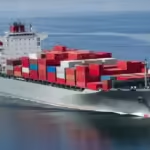
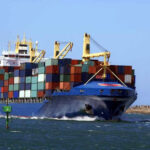
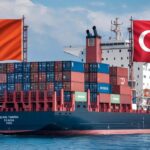
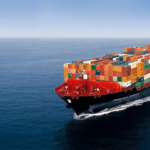
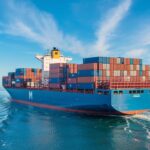
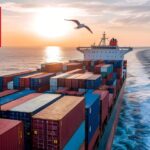
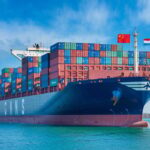


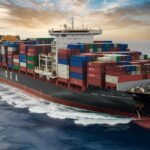
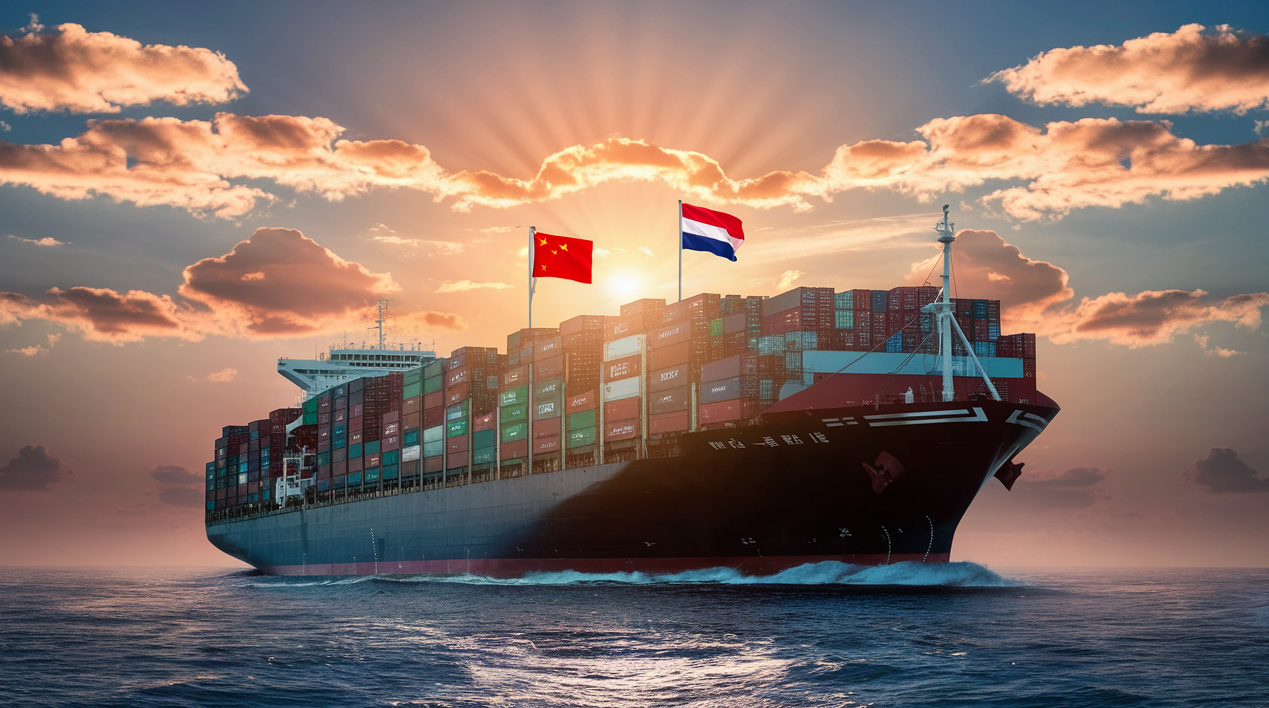
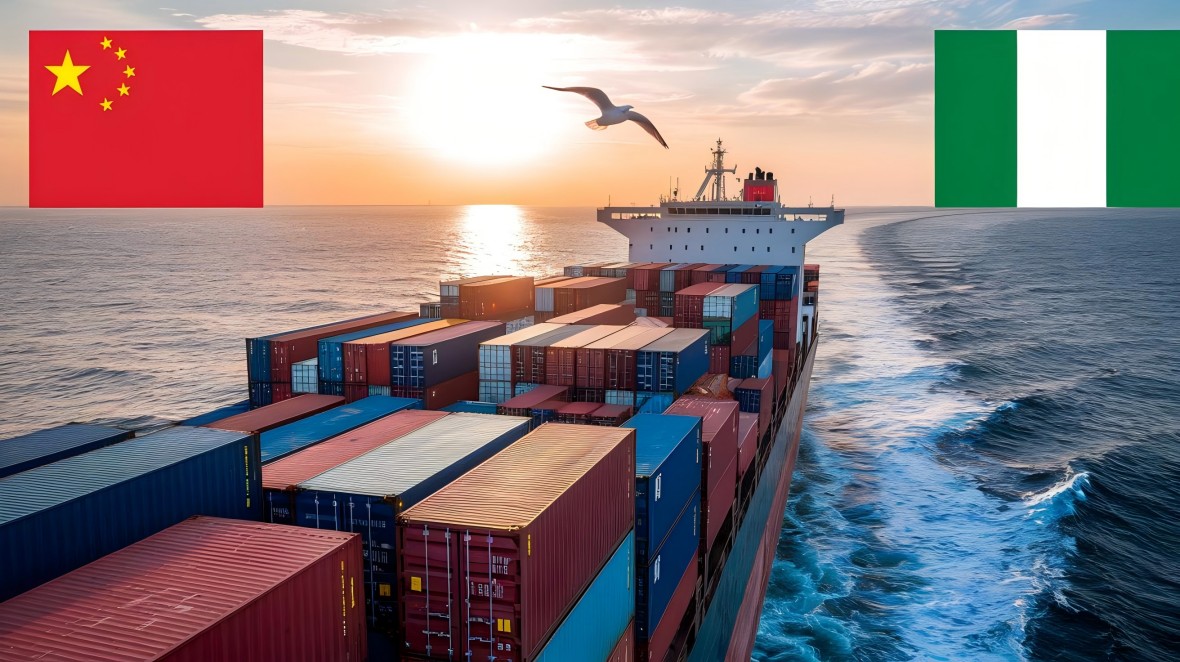
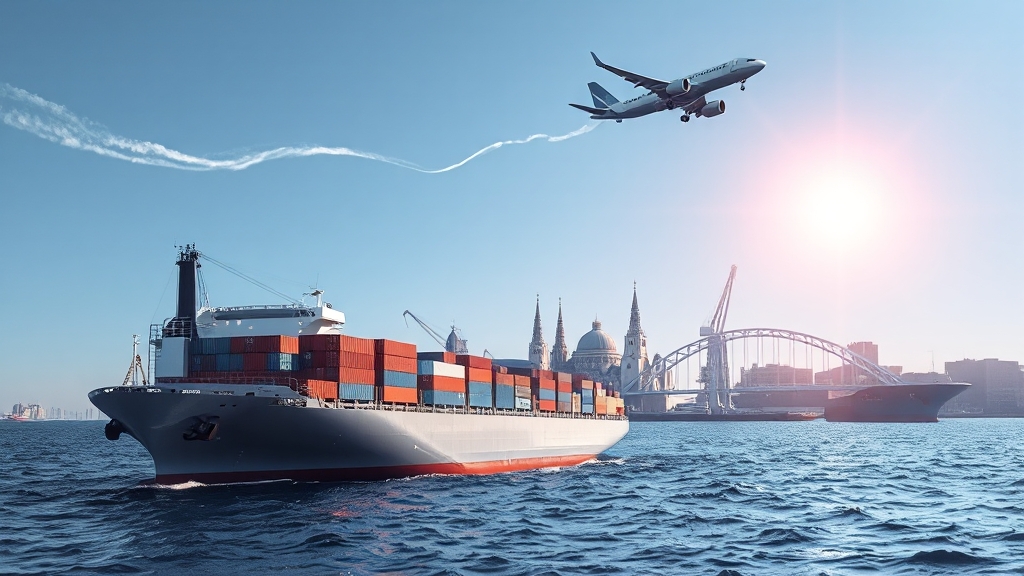
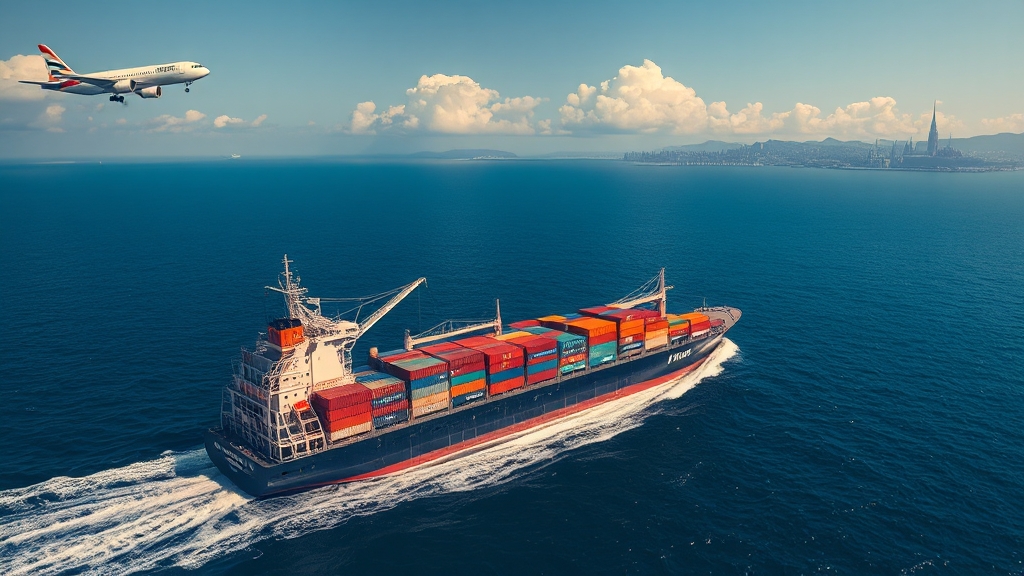
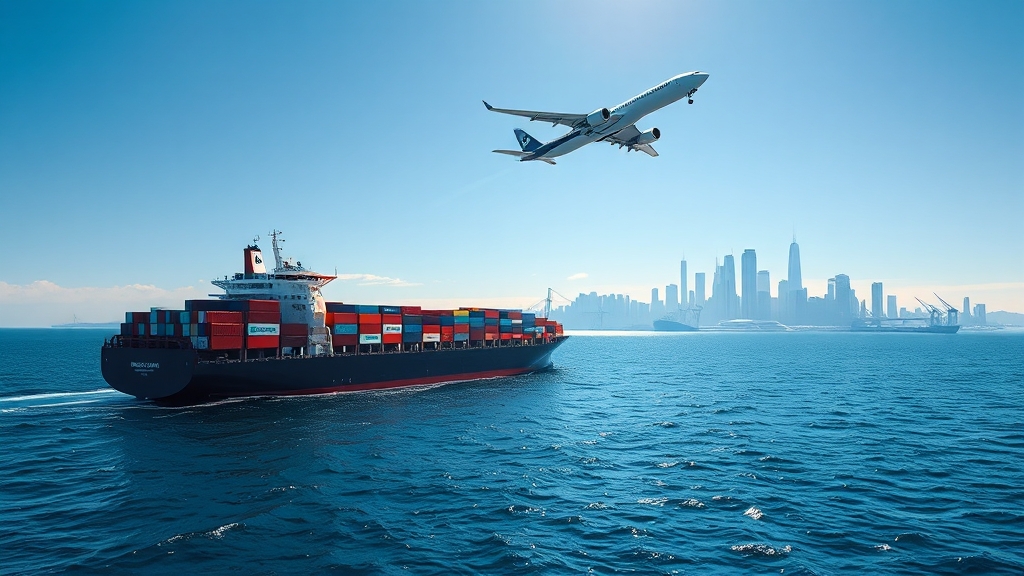





 Afrikaans
Afrikaans Shqip
Shqip አማርኛ
አማርኛ العربية
العربية Հայերեն
Հայերեն Azərbaycan dili
Azərbaycan dili Euskara
Euskara Беларуская мова
Беларуская мова বাংলা
বাংলা Bosanski
Bosanski Български
Български Català
Català Cebuano
Cebuano Chichewa
Chichewa 简体中文
简体中文 繁體中文
繁體中文 Corsu
Corsu Hrvatski
Hrvatski Čeština
Čeština Dansk
Dansk Nederlands
Nederlands English
English Esperanto
Esperanto Eesti
Eesti Filipino
Filipino Suomi
Suomi Français
Français Galego
Galego ქართული
ქართული Deutsch
Deutsch Ελληνικά
Ελληνικά Kreyol ayisyen
Kreyol ayisyen Harshen Hausa
Harshen Hausa Ōlelo Hawaiʻi
Ōlelo Hawaiʻi עִבְרִית
עִבְרִית हिन्दी
हिन्दी Hmong
Hmong Magyar
Magyar Íslenska
Íslenska Igbo
Igbo Bahasa Indonesia
Bahasa Indonesia Gaeilge
Gaeilge Italiano
Italiano 日本語
日本語 Basa Jawa
Basa Jawa ಕನ್ನಡ
ಕನ್ನಡ Қазақ тілі
Қазақ тілі ភាសាខ្មែរ
ភាសាខ្មែរ 한국어
한국어 كوردی
كوردی Кыргызча
Кыргызча ພາສາລາວ
ພາສາລາວ Latin
Latin Latviešu valoda
Latviešu valoda Lietuvių kalba
Lietuvių kalba Lëtzebuergesch
Lëtzebuergesch Македонски јазик
Македонски јазик Malagasy
Malagasy Bahasa Melayu
Bahasa Melayu മലയാളം
മലയാളം Maltese
Maltese Te Reo Māori
Te Reo Māori मराठी
मराठी Монгол
Монгол ဗမာစာ
ဗမာစာ नेपाली
नेपाली Norsk bokmål
Norsk bokmål پښتو
پښتو فارسی
فارسی Polski
Polski Português
Português ਪੰਜਾਬੀ
ਪੰਜਾਬੀ Română
Română Русский
Русский Samoan
Samoan Gàidhlig
Gàidhlig Српски језик
Српски језик Sesotho
Sesotho Shona
Shona سنڌي
سنڌي සිංහල
සිංහල Slovenčina
Slovenčina Slovenščina
Slovenščina Afsoomaali
Afsoomaali Español
Español Basa Sunda
Basa Sunda Kiswahili
Kiswahili Svenska
Svenska Тоҷикӣ
Тоҷикӣ தமிழ்
தமிழ் తెలుగు
తెలుగు ไทย
ไทย Türkçe
Türkçe Українська
Українська اردو
اردو O‘zbekcha
O‘zbekcha Tiếng Việt
Tiếng Việt Cymraeg
Cymraeg יידיש
יידיש Yorùbá
Yorùbá Zulu
Zulu